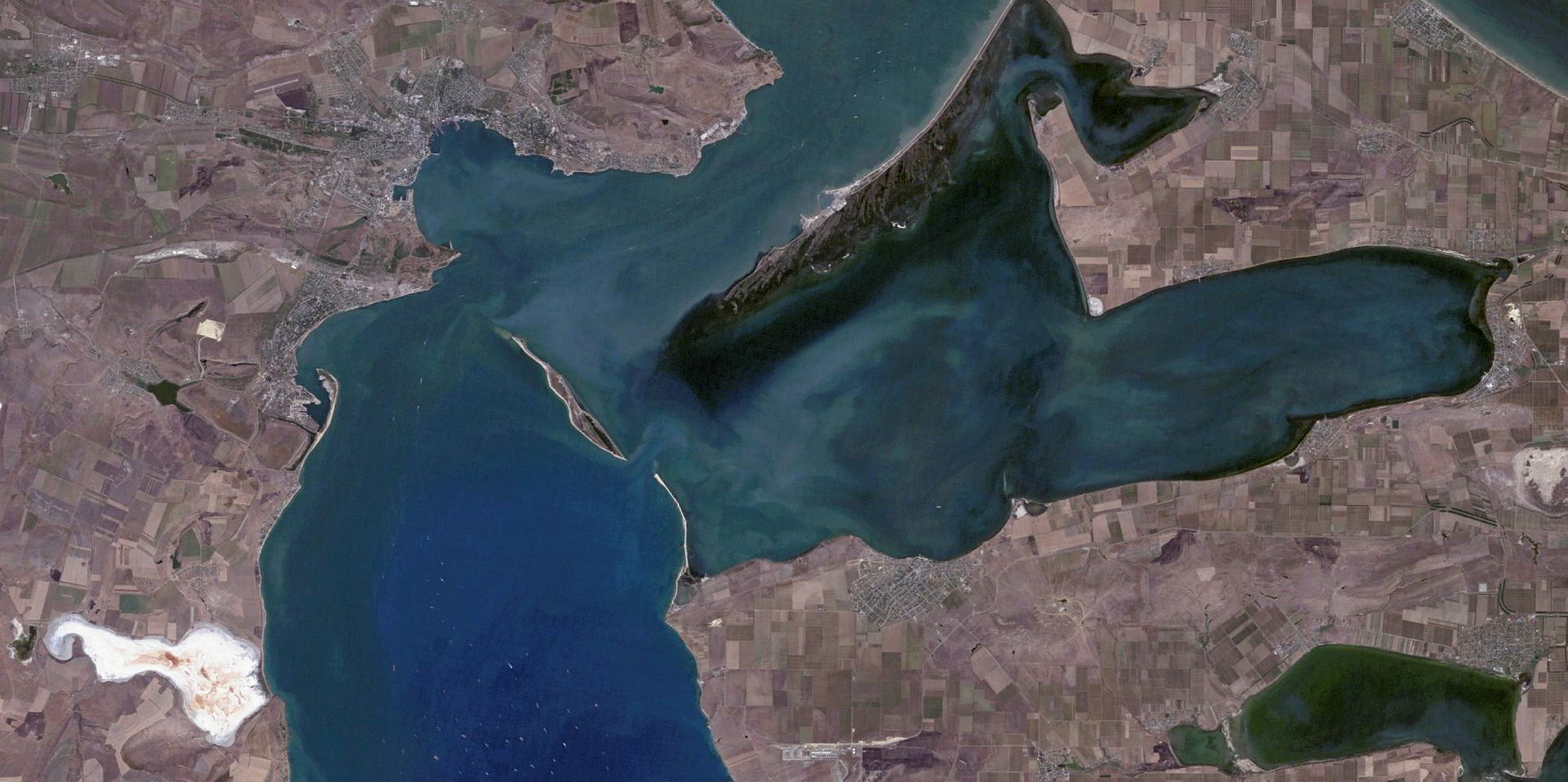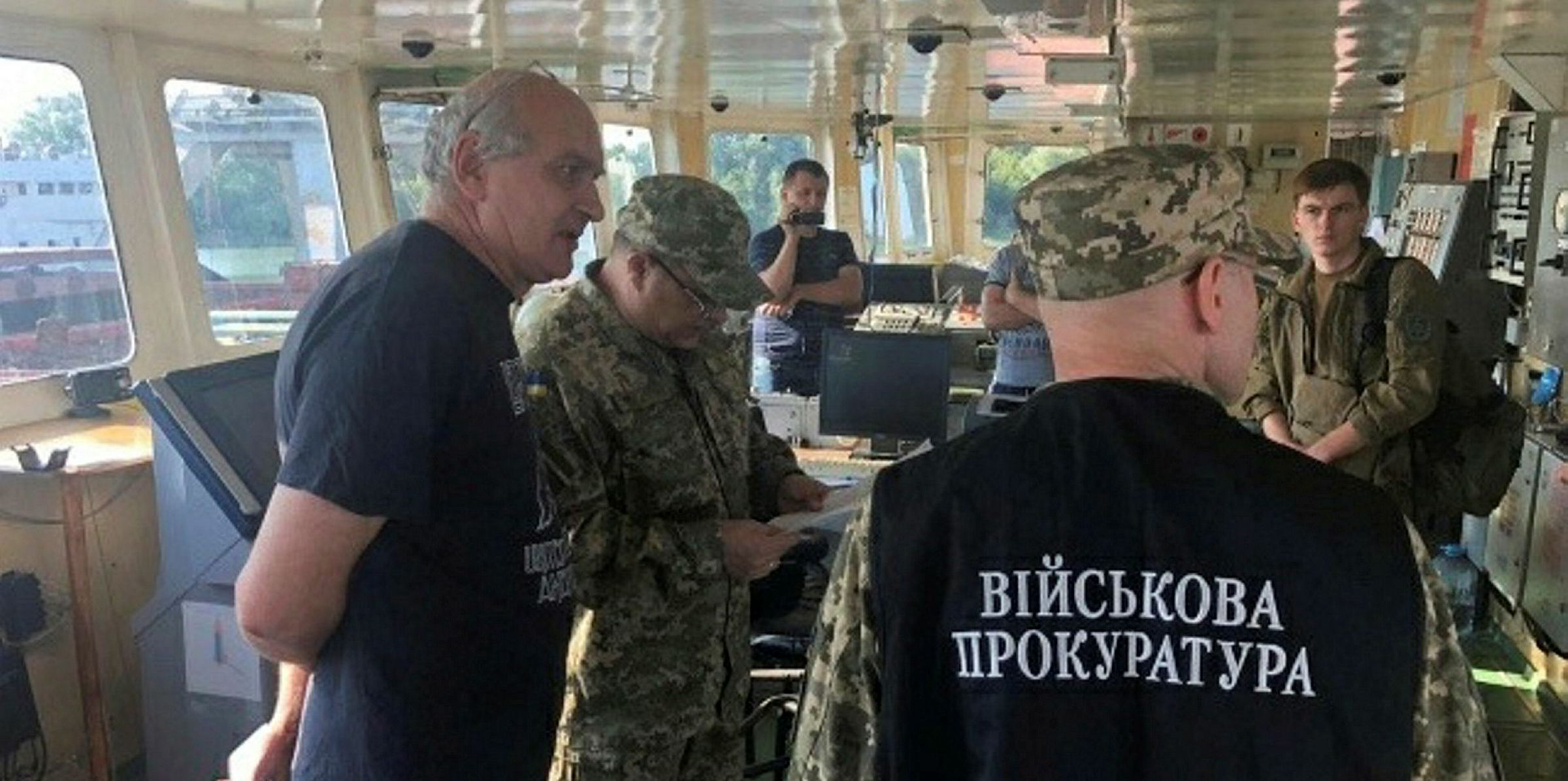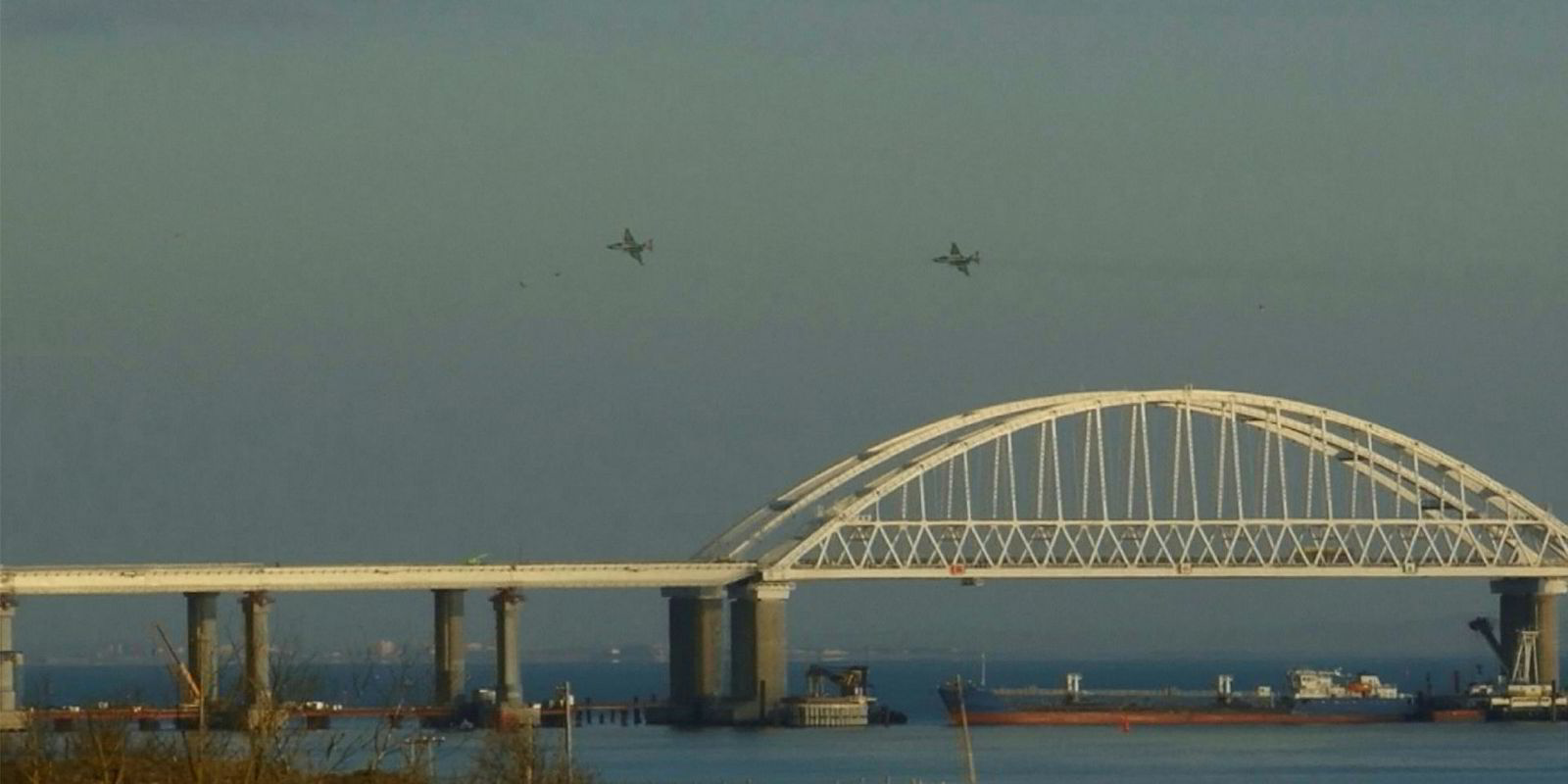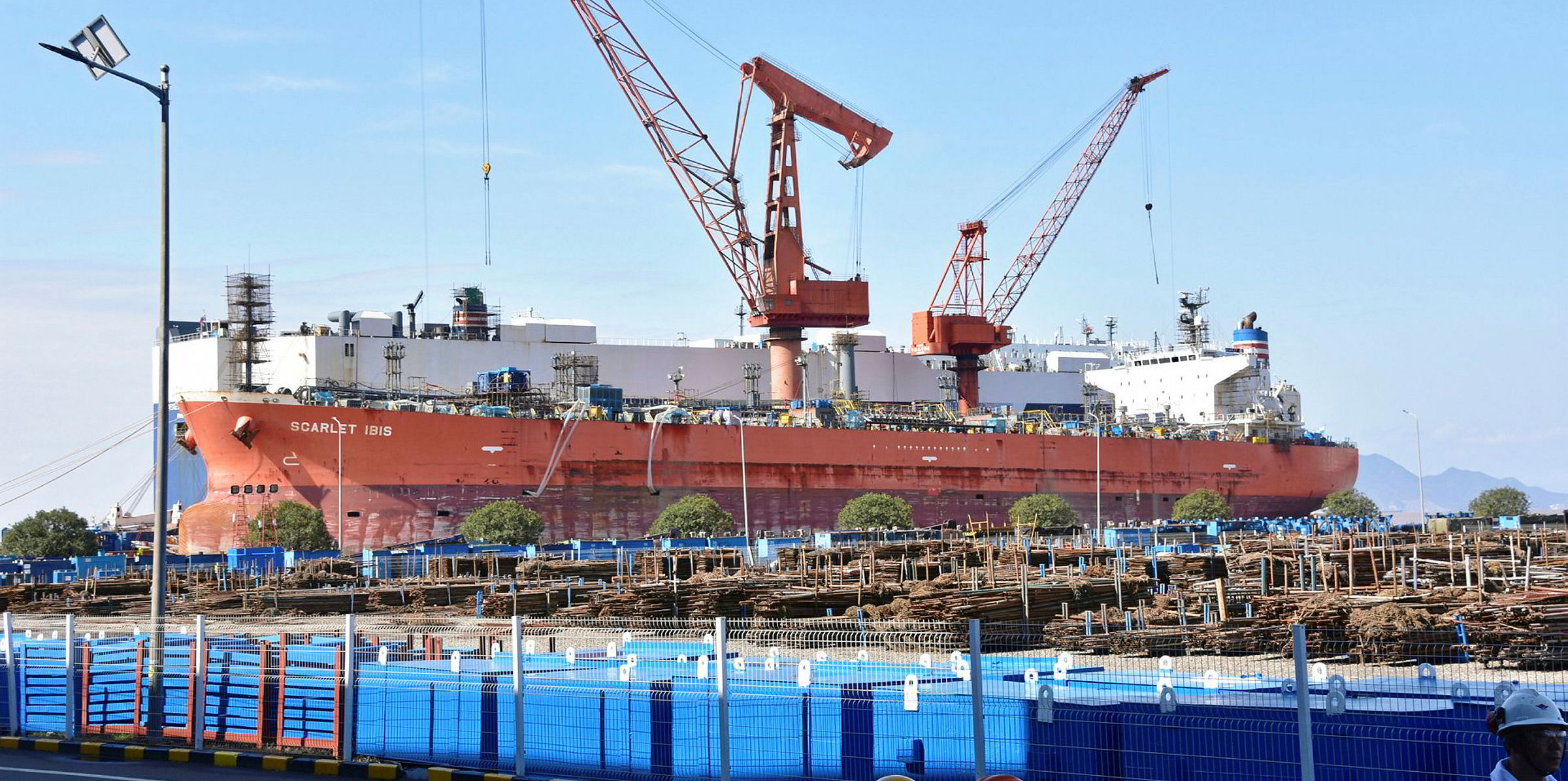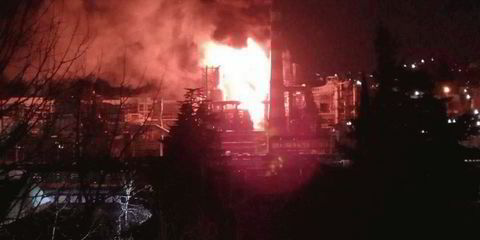Registers like Panama, Mongolia and Tanzania have been busy removing vessels that have visited Crimea, the former region of Ukraine annexed by Russia in 2014, new figures reveal.
Calling the area "temporarily occupied", Vitalii Moshkivskyi, the deputy permanent representative of Ukraine to the IMO, told TradeWinds that since 2017, 11 different flag states have kicked out 50 ships for violating UN and EU sanctions imposed on Russia for the "illegal" annexation.
There is a ban on imports of goods originating in Crimea unless they have Ukrainian certificates, he explained.
Belize and Bolivia have each removed one vessel, while Cameroon has kicked out three and Comoros four.
Meanwhile Lebanon has de-flagged two, Mongolia and Palau six each, Panama three, Sierra Leone five and Tanzania 12, with Togo removing 11.
Three ships have been dropped already this year.
On 12 February, Belize removed the 29,500-dwt bulker Federal Adi (built 1996), which had been renamed Polina on 1 February.
It is listed as owned by Antalya Shipping since 27 February, and before that, Old Stone Shipping.
The ship has since been re-flagged to Sierra Leone.
The Bolivian register de-flagged the 2,900-dwt general cargoship Bellatrix (built 1978) on 21 February.
It is listed as operated by MD Shipping of Ukraine. Its flag is now unknown.
And the Cameroon flag removed the 3,000-dwt cargoship Pawell (built 1984) on 3 February.
Its flag is also now unknown.
The vessel is listed as operated by Rootshipservice of Russia since 2018.
TradeWinds has been unable to contact the companies.
Ukraine expects flag state compliance
Tradewinds has seen letters from the flag states confirming their removal.
Moshkivskyi said: "Ukraine expects that the relevant flag state administrations ensure compliance by shipowners, ship operators and ship masters with international law and the order of entry to the autonomous republic of Crimea and the city of Sevastopol, Ukraine, temporarily occupied by the Russian Federation."
In 2014, the Ukrainian parliament adopted a law stating that overseas nationals are only allowed to enter and exit Crimea provided they have a special permit issued by the State Migration Service of Ukraine and only through the points of entry and exit controlled by the Ukrainian authorities.
Violation of this order is punishable with custodial restraint for up to three years or imprisonment for the same term.
"Consequently, any use or attempt to use an illegal point of entry into or exit from the temporarily occupied Autonomous Republic of Crimea and the city of Sevastopol by a foreign-flagged vessel is in breach of Ukrainian laws," Moshkivskyi said.
Flashpoint at entrance to Sea of Azov
Last July, it was reported that the Ukrainian security service believed it had identified the tanker that was used in the seizure of three Ukrainian ships in November 2018.
The 3,800-dwt Nika Spirit (built 1989) was arrested in Izmail.
The Ukrainian prosecutor’s office said 10 Russian crew were held for questioning.
Russian news agencies said around 15 Russians had been on board at the time of the seizure.
Ukraine’s security service alleged Nika Spirit, formerly Neyma, was placed beneath a bridge near Crimea in order to block the three Ukrainian navy ships from entering the Sea of Azov.
Russia seized the Ukrainian vessels after opening fire on them, detaining 24 Ukrainian sailors and accusing them of illegally entering its territorial waters, a charge they denied.
The region was annexed in February 2014, following the Ukrainian revolution that ousted president Viktor Yanukovych.
A controversial Crimea-wide referendum, unconstitutional under the Ukrainian and Crimean constitutions, was held on the issue of reunification with Russia; its official results showed majority support for reunification.
However, the vote was boycotted by many loyal to Ukraine and declared illegitimate by western governments and the United Nations.
